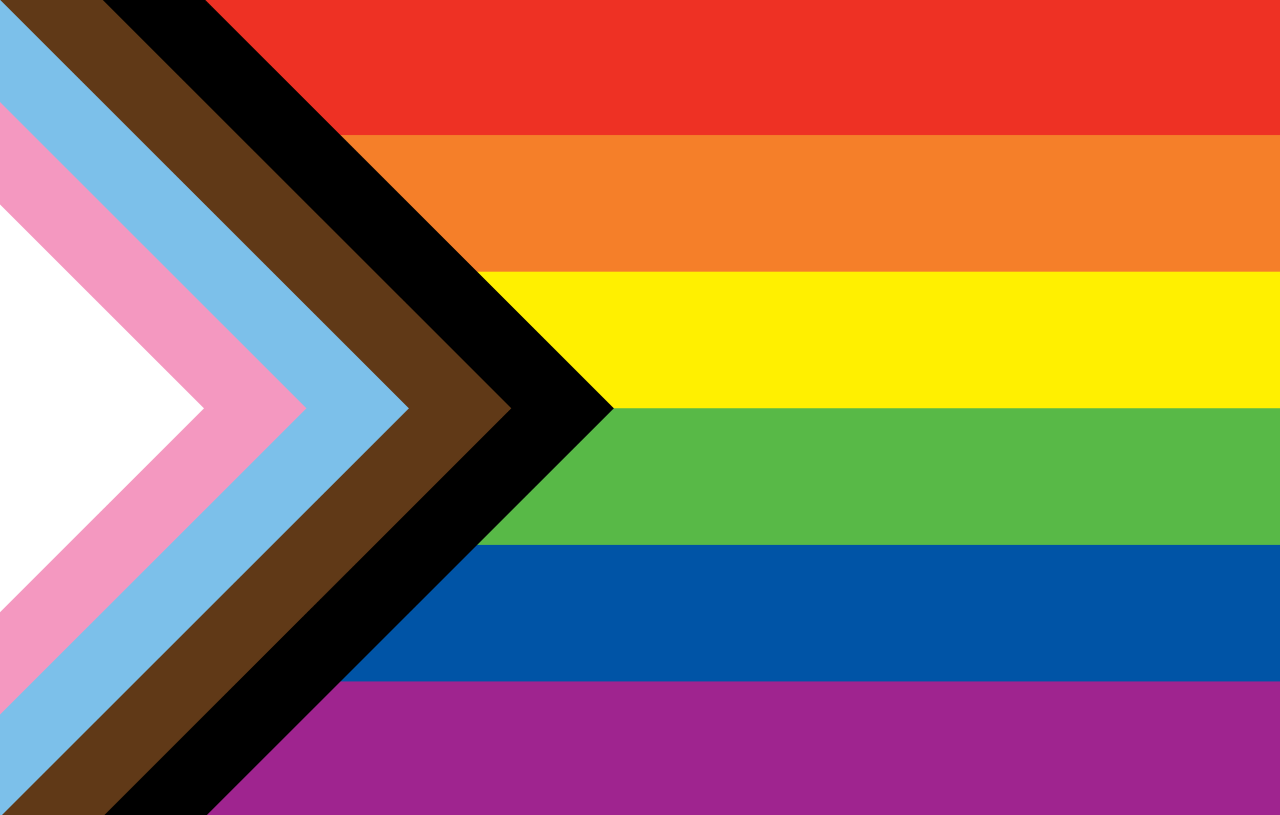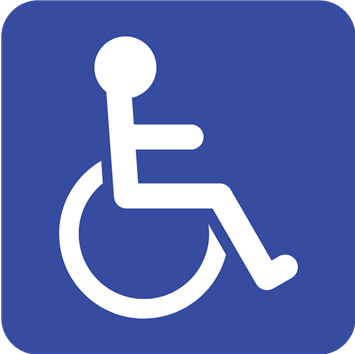September 30th marks the National Day of Truth and Reconciliation, a day of commemoration responding to the Truth and Reconciliation Commission of Canada’s 94 Calls to Action.
This day of remembrance encourages Canadians to stand in solidarity to address the government’s harm inflicted on Indigenous* peoples. Residential schools were one of many attempts to assimilate Indigenous peoples by eradicating their identities and cultures.
We recognize that the widespread experiences and normalization of physical and sexual violence experienced by Indigenous children in residential schools, among other outcomes of colonialism, have laid the groundwork for the over-representation of Indigenous women and girls experiencing sexual violence today. On the National Day of Truth and Reconciliation, we honour the survivors of residential schools, the children who never returned home, as well as their families and communities in their grief and mourning.
Despite the last residential school closing only 26 years ago, we must acknowledge the intergenerational effects of these schools and the impacts of ongoing colonialism on Indigenous communities. For example, “Indigenous women and girls are 12 times more likely to be murdered or missing than any other women in Canada”. Additionally, “Indigenous women are sexually assaulted three times more often than non-Indigenous women, and most of the women and children trafficked in Canada are Indigenous”. While Indigenous 2SLGBTQQIA+ individuals are often erased from the data, we know that these communities are also facing disproportionate rates of sexual violence. These are systemic problems that continue today and will take the efforts of all Canadians to address.
Despite the last residential school closing only 26 years ago, we must acknowledge the intergenerational effects of these schools and the impacts of ongoing colonialism on Indigenous communities. For example, “Indigenous women and girls are 12 times more likely to be murdered or missing than any other women in Canada”. Additionally, “Indigenous women are sexually assaulted three times more often than non-Indigenous women, and most of the women and children trafficked in Canada are Indigenous”. While Indigenous 2SLGBTQQIA+ individuals are often erased from the data, we know that these communities are also facing disproportionate rates of sexual violence. These are systemic problems that continue today and will take the efforts of all Canadians to address.

